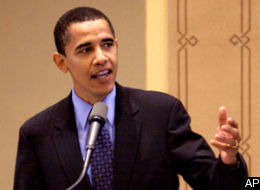
I think the relationship between truth and politics is one of the key challenges of our times. Get the relationship right and there is a reasonable chance that we will be able to address our problems successfully. Get it wrong and our chances are slim. There are many indications that we are getting it wrong, already observed in passing in DC, as we have discussed the problem of fictoids and as we have been noting the general development of the paranoid style of politics, and the threat of theocracy and ideological thinking. This week we will focus on this issue.
My guide in these matters is Hannah Arendt. She maintains, on the one hand, that there has to be a separation between the pursuit of truth and political power, but on the other hand, politics that are based on factual lies are deeply problematic.
Today’s post will be about the dangers of conflating an interpretive or ideological truth and politics, tomorrow’s post, about the need politics has for factual truth. We will then continue exploring this issue for the rest of the week.
The Conflation of Truth and Politics
Trotsky once declared, when he was still a loyal Bolshevik, Arendt observes in her magnum opus, The Origins of Totalitarianism: “We can only be right with and by the Party, for history has provided no other way of being in the right.” The correct reading of Marxism, the official party theory, forms the policy; the policy enforced confirms the Party’s truth. Truth and politics are conflated and the result is that neither the independent value of truth nor the independent value of politics exists. This is the true meaning of political correctness.
In Soviet history, this resulted in immense tragedy and suffering. Thus the dynamic of totalitarian horrors when indeed for a broad population Trostky’s way of being right was the only way of being right. Atheism, collective farms, grand industrial steel works, and the like were mandated by the truth of Marxism, and the power of the Party confirmed truth. Because “religion is the . . .
Read more: Politically Correct

